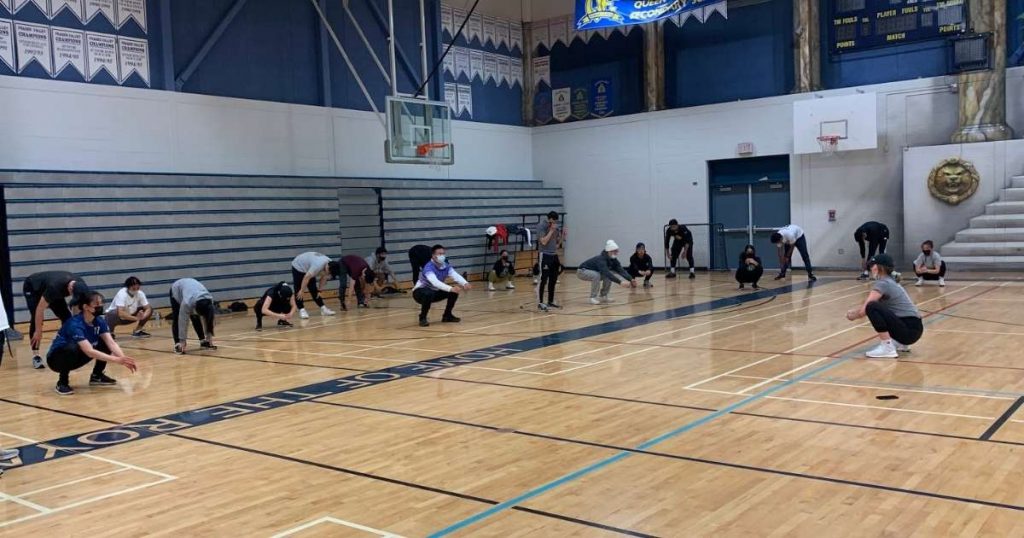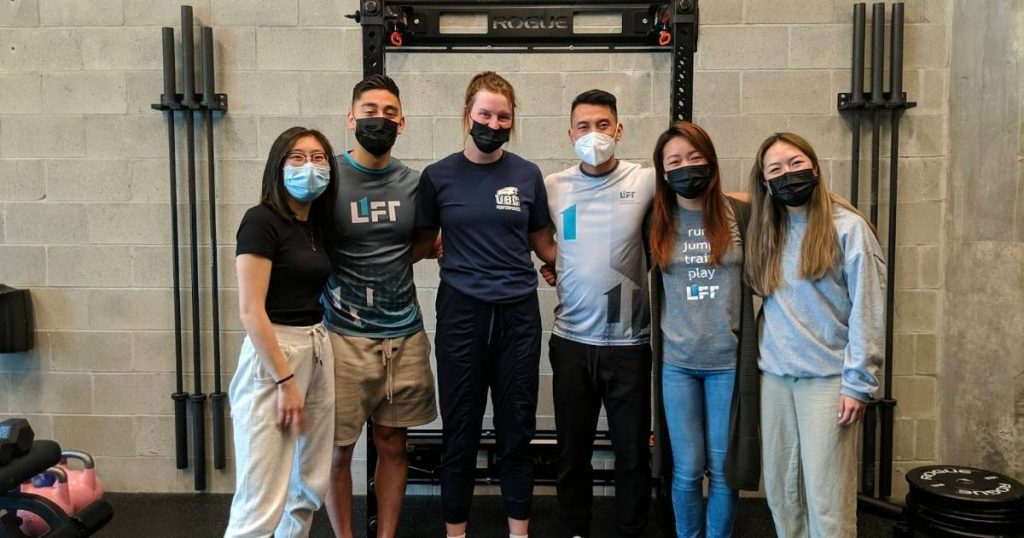Do you want to learn how to coach a team and be a successful leader? If you're a current or aspiring coach in ultimate, baseball, dance, strength and conditioning etc, this post is for you!
What is a coaching philosophy and how can this help you coach a team?
Wether you’re an experience coach or a brand new one, it is a continual process to learn how to coach a team.
Most of us enter coaching positions due to a love of the activity or sport that we play(ed) or a natural affinity to positions that require certain leadership skills. Maybe some of you have been told things like “you’re a natural leader” or “you’re really good at breaking things down and explaining things for others”. Now that you’ve found yourself in this position, what kind of leader do you want to be and how can you ensure that you are being consistent with being that kind of leader?
Determining your coaching values
Have a think about your core values as a coach. Some values may include…
Teamwork, integrity, resilience, perseverance, respect, commitment, community, well-being, honesty, trust, growth, contribution, safety, fun etc. Have a think about your top 2 or 3 values that everything you do stems from. Elaborate on these and think about how these values connect to how you lead/coach.
Journal Prompt: What are my top 2-3 values as a coach?
How to coach a team using the appropriate coaching style
There are many different coaching styles that leaders can develop but here are some of the more popular ones in the literature…
- Autocratic: involves independence in decision-making pertaining to goals, practice methods, tactics etc.
- Training and Instruction: aimed at improving the athlete’s performance by emphasizing and facilitating hard and strenuous training, instructing in skills, take ownership of structuring and coordinating athlete’s activities
- Democratic: allows greater athlete participation in decisions pertaining goals, practice methods game tactics etc.
- Social Support: A concern for the welfare of individual athletes, positive group atmosphere and interpersonal relations with members
- Positive Feedback: reinforces an athlete by recognizing and rewarding good performance
- Situational Consideration: considering situational factors, maturity, individual, gender, skill levels and health conditions
Reference: (Pilus, Saadan, 2009)
Journal Prompt: What are my coaching style(s)?
Knowing your audience when coaching a team
Depending on the caliber of athletes you’re coaching, it’s important to understand what the goals are for your specific audience. Think about the environment you are coaching within. Are you playing at a recreational/club/school? What level within this environment are you coaching? For instance, when coaching athletes within a school or during school/varsity-aged, there will be different priorities for these athletes.
Do you know what your athlete’s goals are? Take an interest in your athlete’s goals, expectations. Be honest about the level and that you are leading and the environment that you are coaching within. Taking this things into consideration can help you better figure out how to coach a team.
Journal Prompt: Think of a few sentences that encompass what you would consider your philosophy based on your top 3 or 4 values, your preferred coaching style(s) and the type of athletes that you coach.
Keep in mind that your coaching philosophy can develop and change as you gain more experience as a coach. This is totally normal and a part of healthy growth, remember, it is a lifelong process to learn how to coach a team. At the end of the day, having a few sentences that you can turn to that align with your values, style and audience can prove to be helpful when trying to make important decisions for you and your athletes. Check-in occasionally on your values, style and audience to see if any changes should be made based on your leadership position to ensure you are being the best coach that you can be for your athletes.
References:
https://journal.utem.edu.my/index.php/jhcd/article/viewFile/2492/1568


